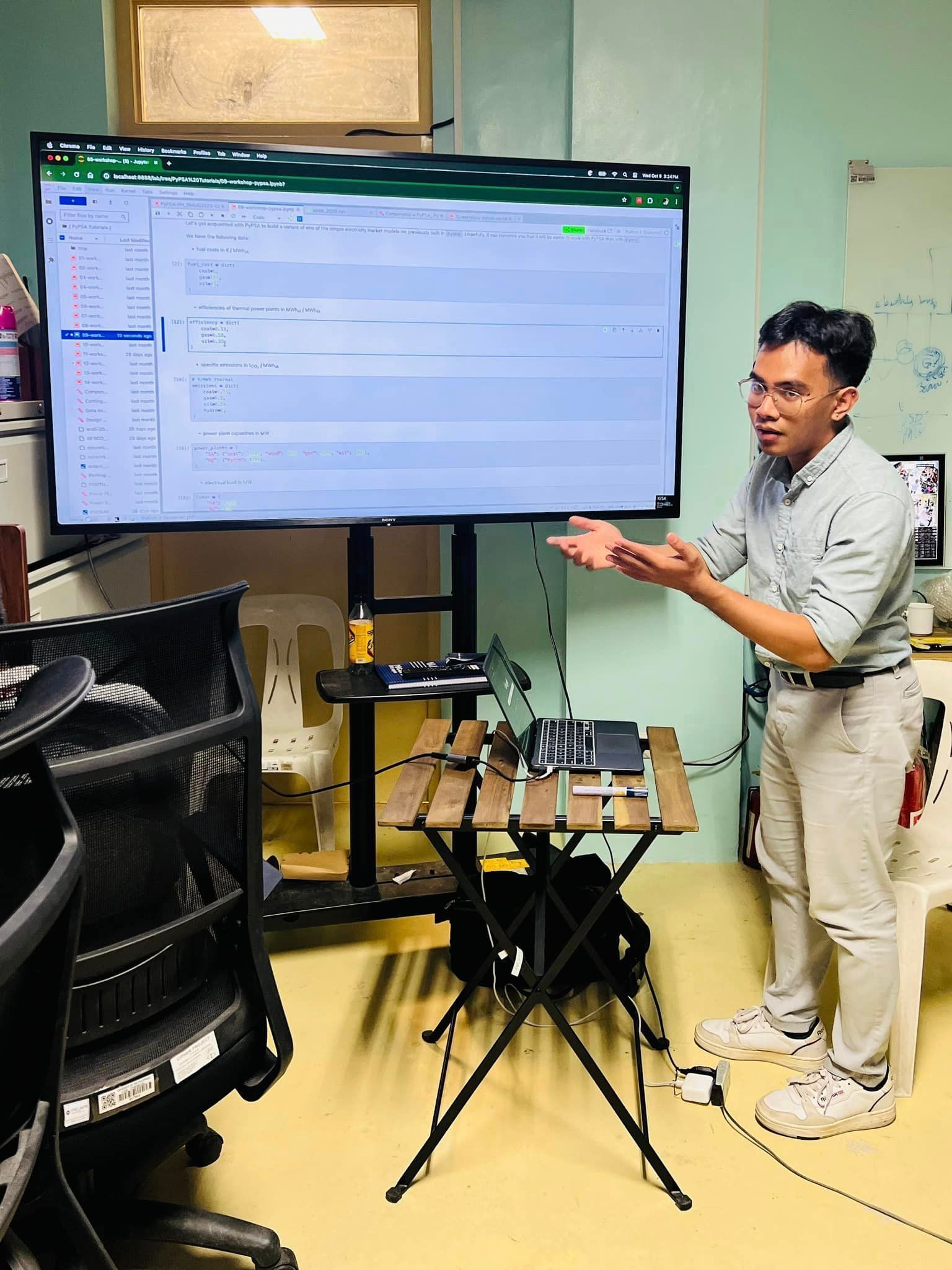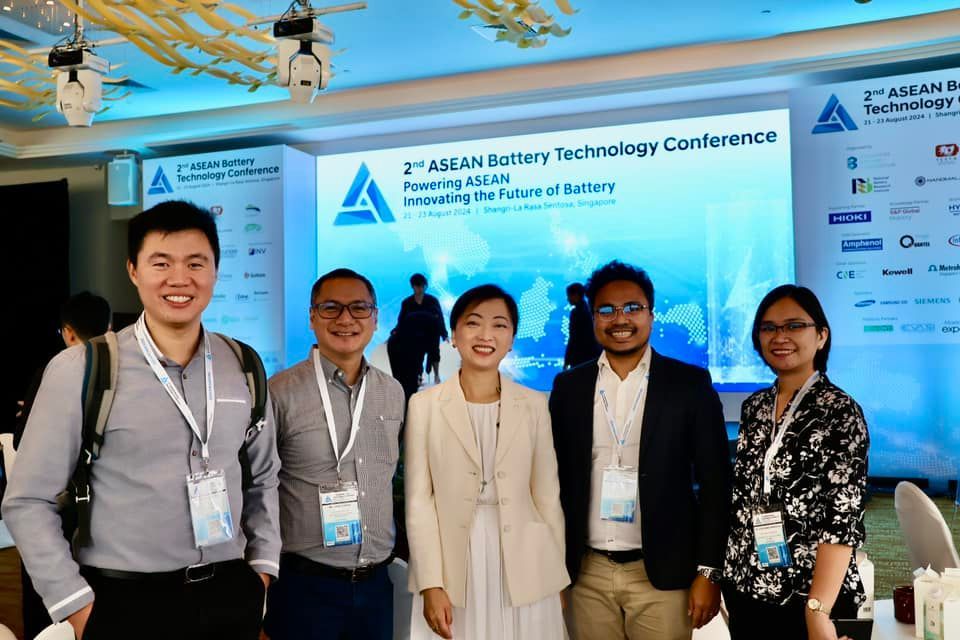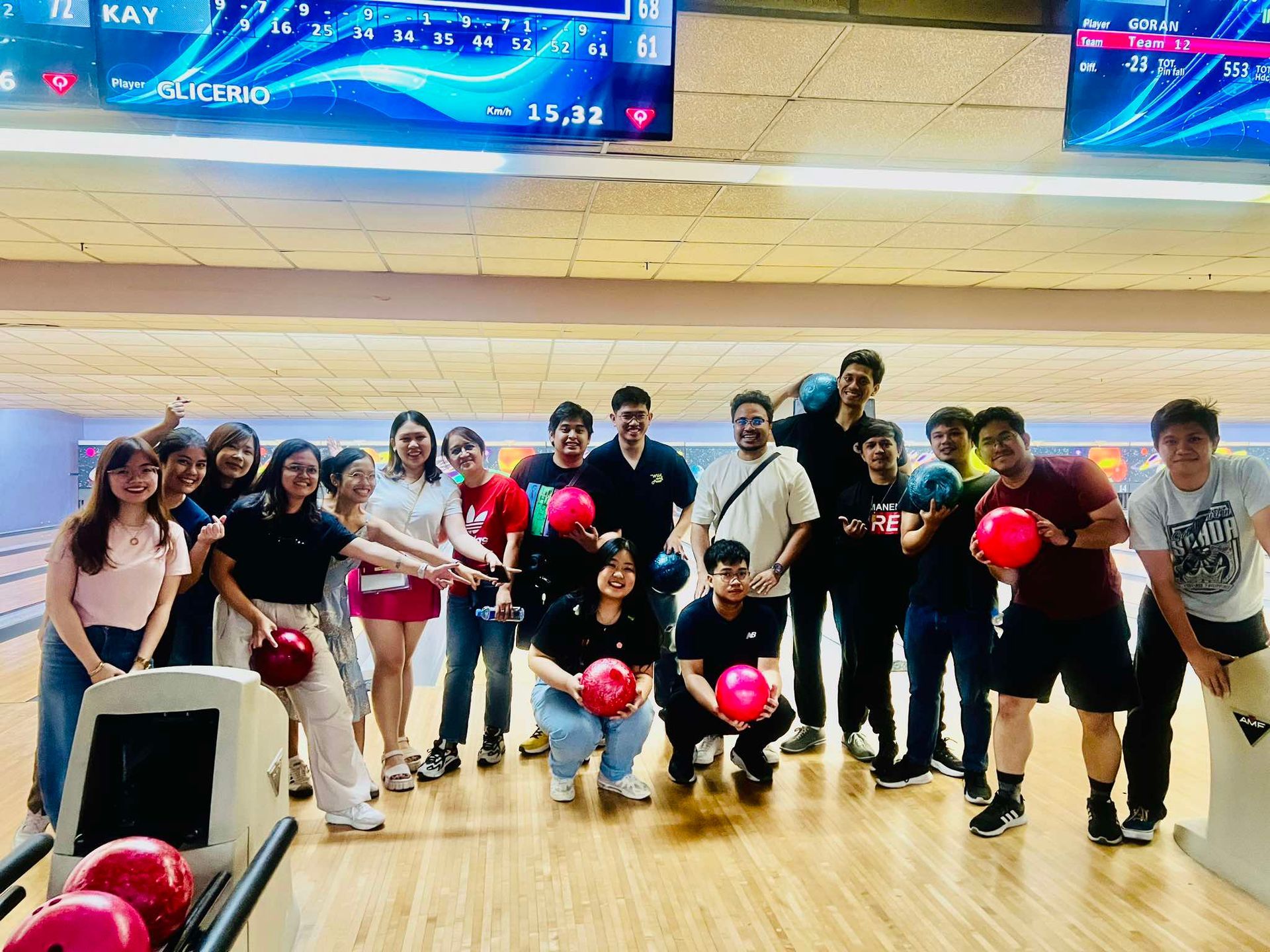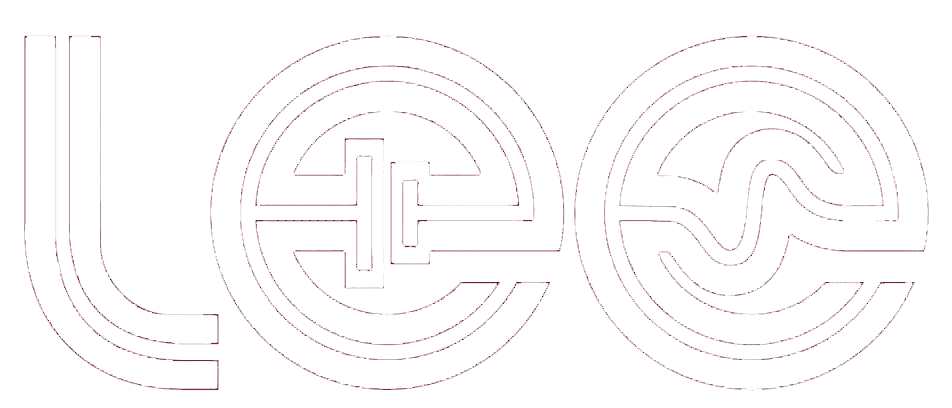Prof. Ocon Receives Lindau Nobel Laureate Meeting Fellowship
Prof. Joey Ocon, head of the Laboratory of Electrochemical Engineering and a PhD student in Environmental Science and Engineering at Gwangju Institute of Science and Technology, was selected as the Philippine outstanding young scientist representative to the 65 th Lindau Nobel Laureate Meeting held last June 28 to July 3, 2015 at Lindau and Mainau Island, Germany.
With around 651 young scientists coming from 88 countries, Prof. Ocon was among the participants who had an opportunity to meet 65 Nobel Laureates from 16 countries. These Nobel Laureates are experts in the fields of physics, chemistry and physiology and medicine –an interdisciplinary meeting which happens only in every five years.
The meetings focus alternatively on the three natural science Nobel prize disciplines namely physiology and medicine, physics and chemistry. Every year, around 30 to 40 Nobel Laureates gather at Lindau, Germany and meet undergraduates, PhD students and post-doc researchers from all over the world who will be the next generation of leading scientists.
The Lindau meeting scientific program follows the principle of dialogue where there are a variety of session formats such as lectures, discussions, master classes, and panel discussions. These are designed to facilitate the transfer of knowledge, ideas, and experience between and among Nobel Laureates and young scientists.
Established in 1951, the Lindau Nobel Laureate Meetings takes inspiration from the original idea of Dr. Franz Karl Hein and Professor Dr. Gustav Wilhelm Parade as well as Count Lennart Bernadotte af Wisborg who recognized the need for meetings to reconcile peoples of post-war Europe. It was developed to be an international forum for the exchange of knowledge between nations, cultures and disciplines.
Every year, several thousands of young scientists, less than 35 years of age, from different parts of the world apply for the Lindau meetings through a web based application. They undergo an international, multi-stage selection process where the selected applicants are in the top 5% of the class and upon the recommendation of an academic partner. The Lindau Nobel Laureate academic partners include national academies of science, ministries, research institutions, top-ranking universities, foundations and international scientific organizations. These partners help them identify and invite elite young scientists. After evaluation and selection, around 400-650 participants are accepted depending on the type of meeting. The invitation to the meeting is only a one-time participation and leads to a fellowship. In the case of Prof. Ocon, he received a fellowship from the Deutsche Forschungsgemeinschaft (DFG) and supported by the Federal Ministry of Education and Research (BMBF), Germany with a 5,000 Euros Grant.
References:
[1] http://www.lindau-nobel.org/about/
[2] 65 th Lindau Nobel Laureate Meeting Programme
[3] 65 th Lindau Nobel Laureate Meeting Annual Report 2015





